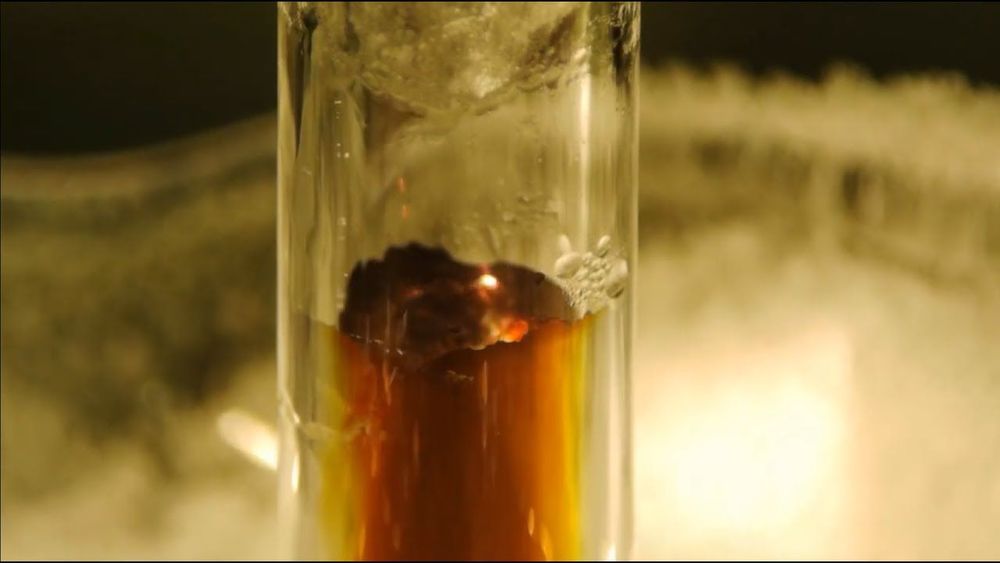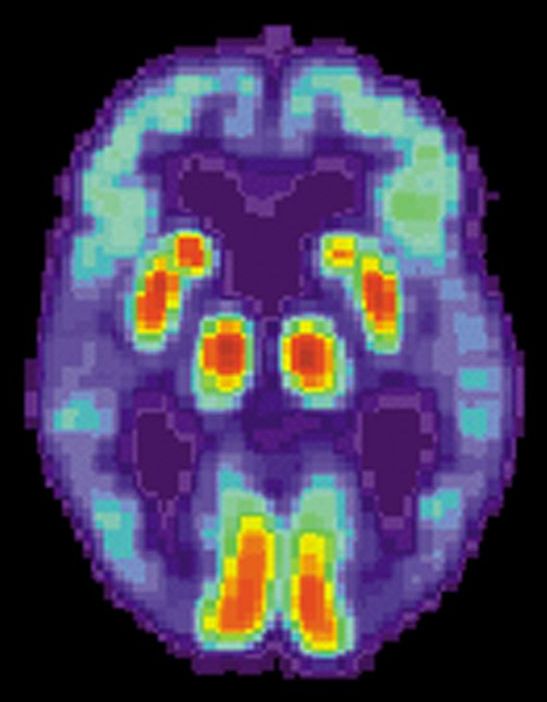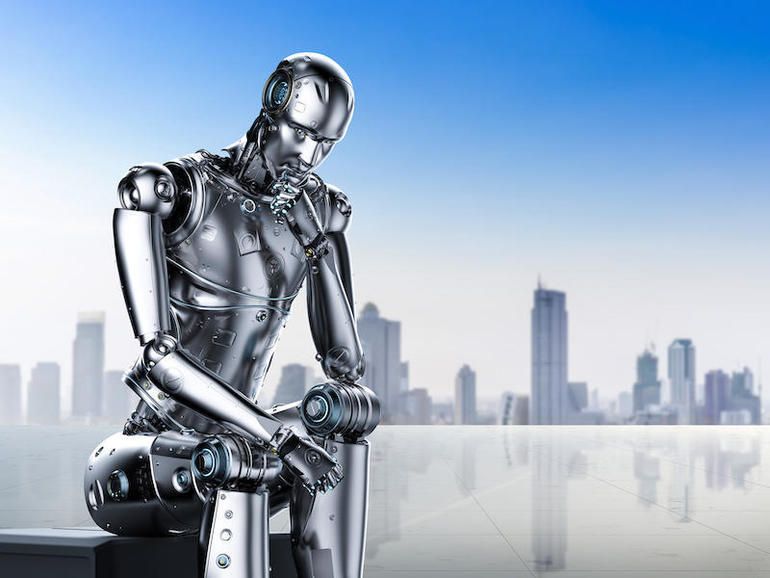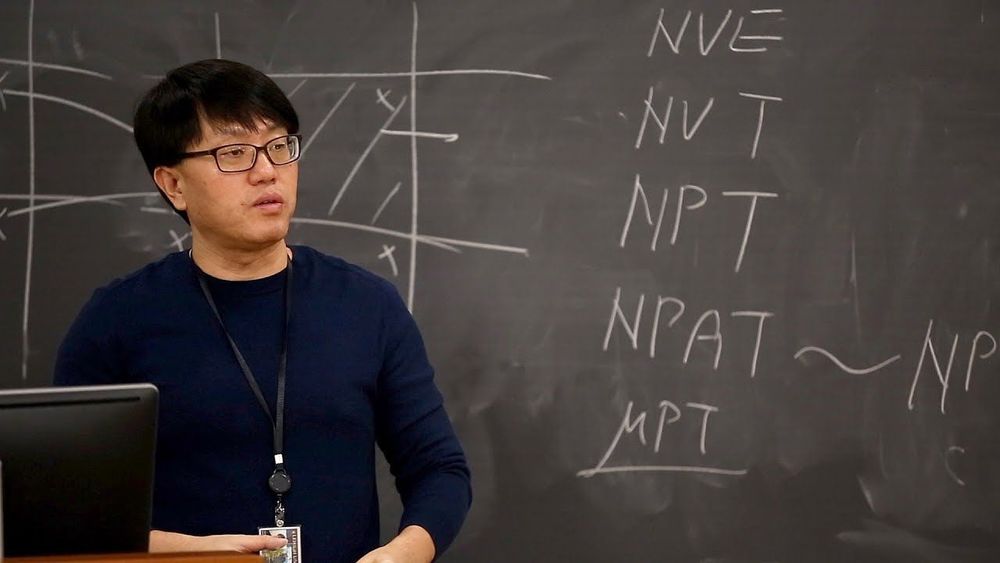Jun 23, 2020
An experiment suggested by a Ph.D. student may rewrite chemistry textbooks
Posted by Quinn Sena in categories: chemistry, innovation
Yan McMullen had never heard of the USC Dornsife College of Letters, Arts and Sciences when he started casting about for a graduate chemistry program. But on the recommendation of one of his professors, he sent an email to the College’s Professor of Chemistry Stephen Bradforth proposing an experiment to tease out what makes a metal really a metal.
The proposal would not only turn into his Ph.D. thesis but a major scientific breakthrough.
Continue reading “An experiment suggested by a Ph.D. student may rewrite chemistry textbooks” »


















